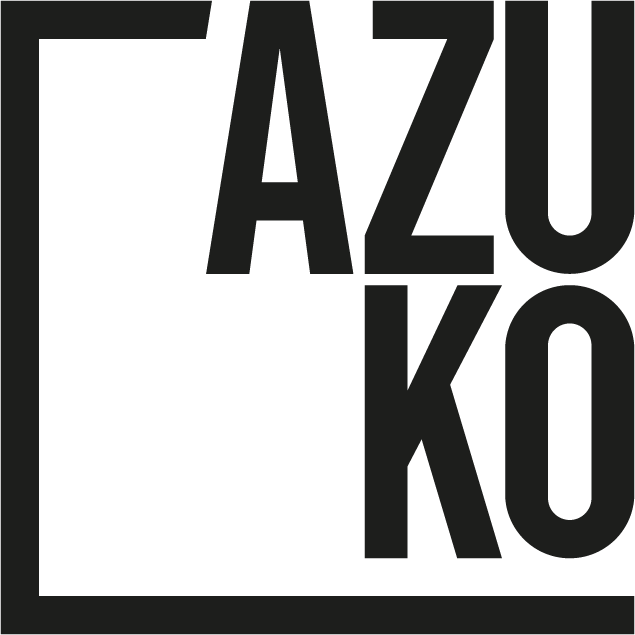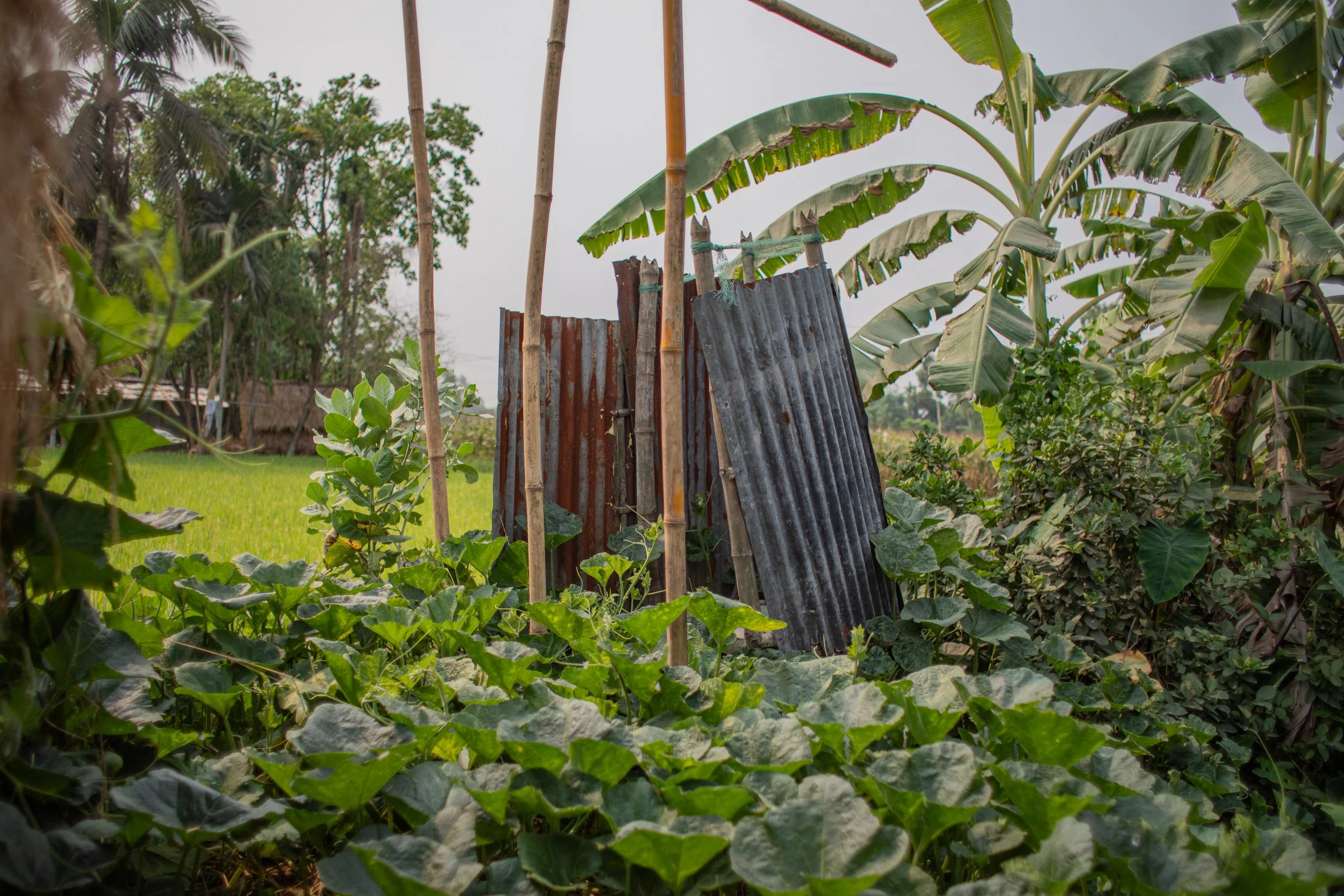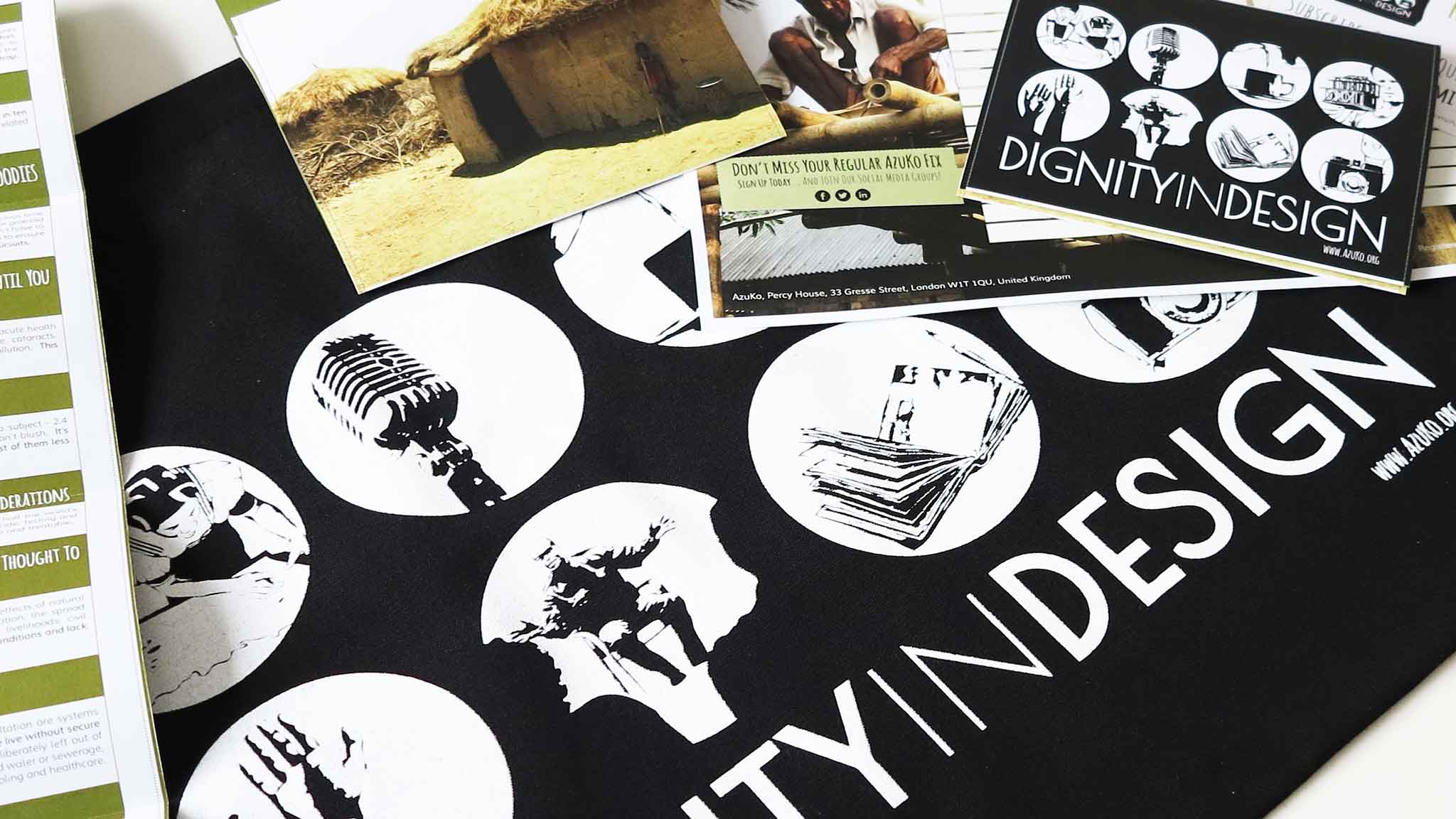One of the highlights of the event was Sophie Verbis' lecture, ‘The SDGs and Post 2015 Debate - the Current Stand on Education'. Sophie (from GIZ) outlined the progress of the Open Working Group, with a particular focus on education. One of the key elements of the SDGs is the three year inclusive process employed to develop the goals which are designed to leave no unfinished business - everything should be complete by 2030 and the targets should be specific.
Currently, the Open Working Group proposal is for 17 main goals (goal 11 - make cities and human settlements inclusive, safe, resilient and sustainable), further subdivided into measurable aims. Within these goals, specific and measurable targets are proposed such as:
By 2030, eradicate extreme poverty for all people everywhere, currently measured as people living on less than $1.25 a day
By 2030, increase by [x] percent the number of youth and adults who have relevant skills, including technical and vocational skills, for employment, decent jobs and entrepreneurship
By 2030, ensure access for all to adequate, safe and affordable housing and basic services and upgrade slums
Support least developed countries, including through financial and technical assistance, in building sustainable and resilient buildings utilising local materials
Monitoring, transparency and evaluation are given more weight within the MDGs, although it has not yet been specified who will monitor them and, if countries don’t comply, what are the consequences? Another criticism rests on targets which focus on quantity (x%) rather than quality. Typically funding streams demand these performance based objectives. In Tanzania for example, health visits reached the 100% target yet each visit lasted only two minutes. The focus remained on quantity and outputs, not the quality or outcomes for people. This raises the question as to whether we are setting ourselves up for failure in 2030?
We should be measuring what is valuable rather than valuing what is measurable.
Other key speakers included Konstantinos ‘Kostas’ Kazakos, Research Associate in the Digital Interaction Group at Culture Lab and Sugata Mitra, Professor of Educational Technology at the School of Education, Communication and Language Sciences who beamed in from Delhi to discuss Self Organised Learning Environments.
It was a jam packed weekend and I'd thoroughly recommend signing up to next year's event!
Author: C. Russell








